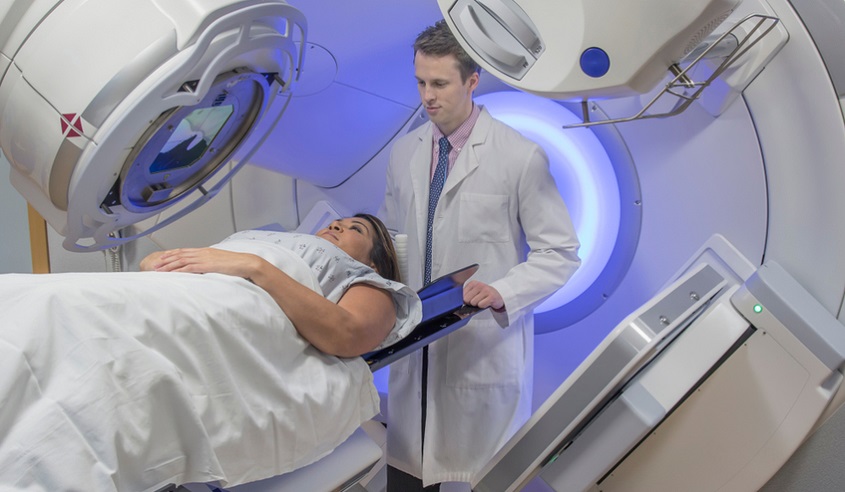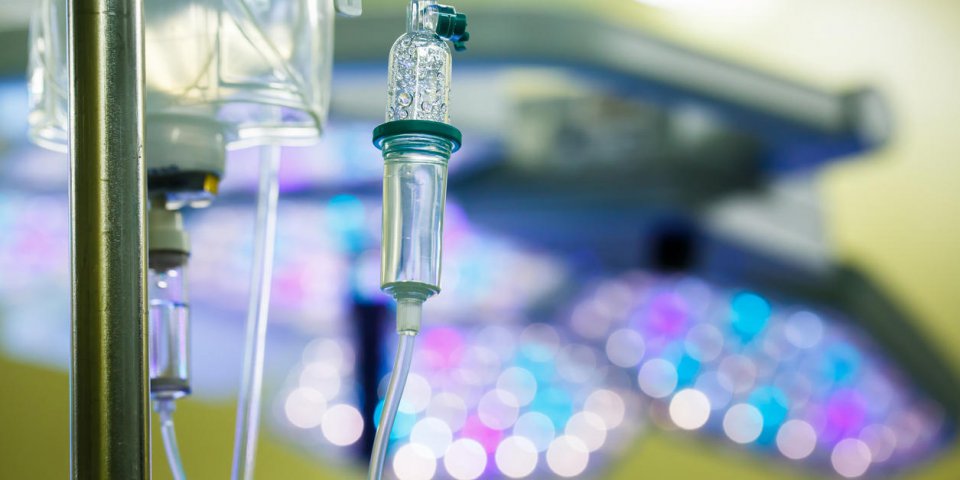Chemotherapy and Radiation Therapy: What are the Differences?
Radiation Therapy
What is Radiation Therapy?
Radiation therapy is one of the oldest cancer treatments. It uses radiation for medical purposes. This radiation is a beam of energy that passes through the body, similar to light through glass or radio waves through walls. As it passes, it transfers energy to the DNA of cells, damaging it irreversibly and ultimately killing the cell. This affects both normal and cancerous cells. However, it specifically targets cancerous cells, which are characterized by rapid multiplication, making them particularly vulnerable to radiation's DNA-disrupting effects. Normal cells, dividing slower or not at all, are less affected.
Oncologists use multiple beams of radiation converging on the tumor to maximize its impact on the tumor while minimizing damage to healthy tissue. While sometimes applied to the whole body, it often targets a specific area (breast, lymph nodes, bone). Effects vary depending on the area; radiation to the arm may cause no symptoms, while the same dose to the pelvis could irritate the bladder or rectum.
How does Radiation Therapy Work?
Radiation therapy begins with a simulation – a scan and trial session to adjust beam paths and calculate dosage. Markers may be placed on the skin, and customized molds might be used to ensure consistent positioning. Treatment involves daily sessions (sometimes twice daily) for several consecutive days. The procedure itself is painless, and patients typically return home the same or next day. Sessions last two to six weeks. While it can be curative, radiation therapy is often palliative (reducing cancer, slowing progression, improving symptoms) or adjuvant (reducing recurrence risk after surgery, e.g., for brain, larynx, breast, or rectal cancers).
The radiation dose is a safety margin below the tissue's tolerance. The radiation is absorbed permanently, meaning radiation therapy to the same area is usually only possible once in a lifetime.
Chemotherapy
What is Chemotherapy?
Unlike radiation therapy's apparatus-based approach, chemotherapy uses drugs. World War II observations of mustard gas's effects on lymphocytes led to the development of "nitrogen mustard" in 1943, marking a milestone in cancer treatment. While nitrogen mustard is still used, dozens of other chemotherapy agents exist, with more continually developed. This is a major difference from radiation therapy.
How is Chemotherapy Administered?
Chemotherapy is often administered intravenously, sometimes through a chemo port. Oral chemotherapy drugs also exist. Treatment typically involves combining multiple drugs following specific protocols.
Is Chemotherapy the Same as Radiation Therapy?
Chemotherapy generally refers to systemic treatment of cancer cells using cytotoxic drugs intravenously. Radiation therapy targets specific tumor sites using high-energy beams (X-rays or protons).
What is the Difference Between Chemotherapy and Radiation Therapy?
Chemotherapy and radiation therapy are the two main cancer therapies, used separately, consecutively, or in combination. Radiation therapy is a specific method, while chemotherapy is an umbrella term for various drugs. Both destroy cells rapidly but differ in their approach: radiation acts locally, while chemotherapy acts systemically throughout the body, leading to a wider range of potential side effects.
QUICK QUOTE
Would you like more information?
Your health, our priority.
Request your free quote
Does Radiation Therapy Make You Sick Like Chemotherapy?
Hair loss and nausea/vomiting are uncommon side effects of radiation therapy, unless a large area like the abdomen or scalp is treated. Side effects depend on location, size of treated area, dose, and prior treatments.
Is it Possible to Undergo Chemotherapy and Radiation Therapy Simultaneously?
Cancer treatment often requires a multi-faceted approach (radiation, chemotherapy, surgery). Combination therapy improves outcomes but can increase side effects (fatigue, digestive problems, skin reactions, hair loss, pain). The choice of treatment should be made in consultation with an oncology team. A healthy diet also plays a significant role in cancer prevention, treatment, and cure.

